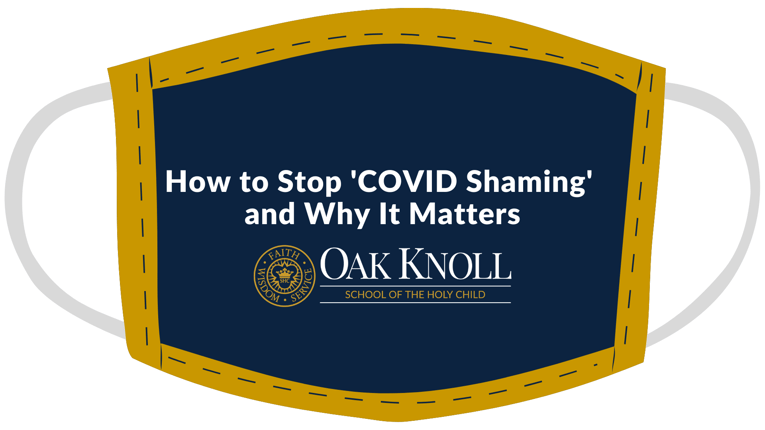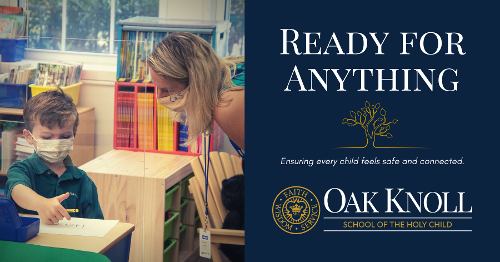While social distancing, wearing masks and avoiding gatherings weakens the spread of COVID-19, something else is growing stronger among communities at an alarming rate.
COVID shaming – or the act of publicly embarrassing someone who either has COVID-19 or is quarantining as a precautionary measure while they wait for test results after possible exposure – is real and now weaving its way through the gossip circles in neighborhoods and on school campuses. It is especially on the rise on social media.
While many schools in our state and throughout the country are seeing upticks of COVID-19 cases heading into the winter months, it is important to remind ourselves about keeping the shame at bay.
Here are some helpful tips:

Respect Each Other’s Choices
One way to lesson shaming is to think about respecting choices. For example, schools developed their own plans this fall for reopening their doors to students. While some schools turned to an all-remote platform, others reopened in hybrid models or with a full day, on-campus schedule. Families and students are choosing which models fit best into their own lifestyles and should not be shamed based on their choice.
With the holidays right around the corner, it is important that we all respect the fact that some families may still travel out of state to visit loved ones, while others may feel uncomfortable doing so.
Let us focus on what it right for our own families and that there is no right or wrong answer for the choices families are making this year during these unusual times.
Do Not Contribute to or Spread Rumors
As with any disease, we know that COVID will continue to spread until a safe and effective vaccine is rolled out. Until then, take time to research and ensure you are separating fact from rumor. Students will hear about COVID cases in around the schools, but because of privacy issues, they probably will not know who contracted it. Families should start or continue having basic to in-depth discussions about what a rumor is and that disease can affect all ages and races. Older students can discuss meaningfully how rumors can linger and affect people, especially on viral social media platforms.
Be Empathetic
As always, grasping the foundation of empathy and compassion is one of the most important things we can learn. The idea that we should treat others as they would like to be treated seems simple, yet it is so important. Similarly, empathy should especially be practiced during this pandemic. Perhaps you have a friend who has developed COVID or your class might be quarantined at home for 14 days. Have you considered reaching out to a friend over the phone, Zoom or FaceTime with the one who is sick or quarantining? Even the smallest of gestures can have lasting effects.
“Look for the Helpers”
Fred Rogers (Mister Rogers' Neighborhood) was really onto something when he explained in an interview how his mother suggested he “Look for the helpers,” whenever something scary happened. This same practice can be comforting to even our eldest students who are living in this strange pandemic world.
Consider how you, too, can help those who have been affected by COVID. Whether it’s making cards for a friend in quarantine or donating money or food to frontline workers still battling the pandemic, there are now so many ways that you can help those who need it most.
As we all continue to endure the pandemic restrictions to stay healthy, it is most important to support each other by showing compassion for one another during these difficult times. Reminding ourselves to be empathetic and compassionate will help eliminate the shame associated with COVID and help our family and friends endure the months ahead.





